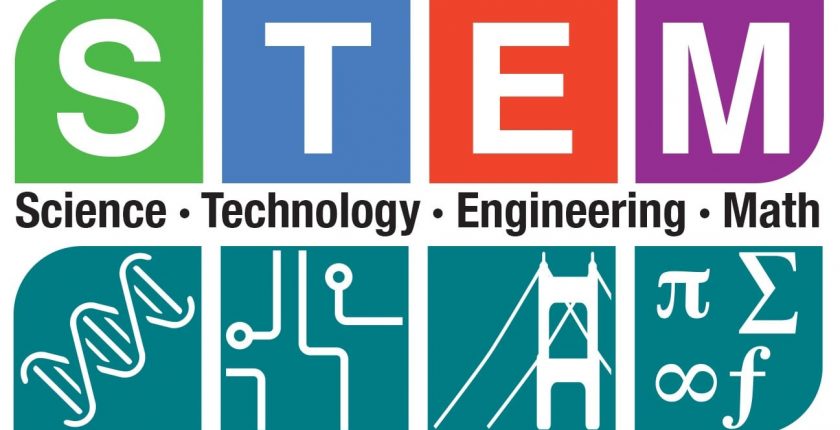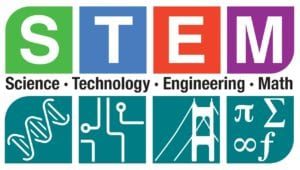STEM education and skills: Parliamentary & Scientific Committee discussion group
On 8th July Heidi and I went to the Parliamentary and Scientific Committee meeting, on the topic “STEM education and skills”.
Four Guest Speakers shared insights and recommendations from their valuable experience in the field.
All four Speakers drew attention to the serious and growing skills gap in the UK’s engineering and technology workforce, coupled with a lack of diversity.
 Guest Speakers
Guest Speakers
- Paul Jackson, Jasia Education Ltd
- Dr Hilary Leevers, Engineering UK
- Andrew Croydon, Association of the British Pharmaceutical Industry
- Professor Josie Fraser, the Open University
Paul Jackson of Jasia Education discussed the report “Talent 2050: Skills and Education for the Future of Engineering”.
Jasia Education have run workshops across the age spectrum including people from 17 to 70 years. They looked at the themes in the industry that are not currently included within STEM education such as transport, climate change, sustainability, cybersecurity & data. They found great enthusiasm for these themes and recommend incorporating them into STEM education to broaden its appeal to young students and all other age groups.
They recommend teaching skills such as resilience, communications and teamwork, plus entrepreneurial skills and ethics to prepare people for a long and varied career.
Dr Hilary Leevers advised that EngineeringUK estimate the skills shortage to be 2 million people with Level 3+ skills, with an annual shortfall of about 45,000.
Only 33% of girls at school are interested in engineering, compared to 55% of boys. Only 10% of all engineering students come from low income backgrounds.
EngineeringUK believes that addressing the challenge of diversity will help to reduce the shortage. Their vision is for young people from all groups to be proportionately present and prepared for engineering pathways at 19 years old.
Andrew Croydon is from the Association of the British Pharmaceutical Industry. He has a teaching background and believes that children need informed choices on science. Science is not all about working in labs; it brings skills to a breadth of roles. For example, there are Digital and AI needs across all levels of the pharma sector at all educational levels.
ABPI projects work to break down barriers, provide support for schools, develop & promote degree apprenticeship standards and work with other stakeholders to support both national & international initiatives.
Professor Josie Fraser from the Open University highlighted the huge digital skills gap in the UK, as detailed in their Business Barometer Report. There are enormous amounts of data available to us, and we need the skills to interpret and put it to use.
We need to make careers in STEM attractive to more and diverse people. Only 22% of women do A level physics, only 16% take it to degree level and only 8% then take up engineering apprenticeships. a positive note, growth in choosing to study STEM is 6 times faster in girls than boys, but there is still a very long way to go.
The skills gap is too great to be filled by students entering the workplace. The need for lifelong learning has been well recognised by educational institutions, industry and government. This will enable people with transferable skills to enter new industry sectors during their career, supported by adult education and training in specific areas as required.
In addition, it is vital that the UK remains open and attractive to international workers in skilled sectors, whatever the future brings.


 Guest Speakers
Guest Speakers